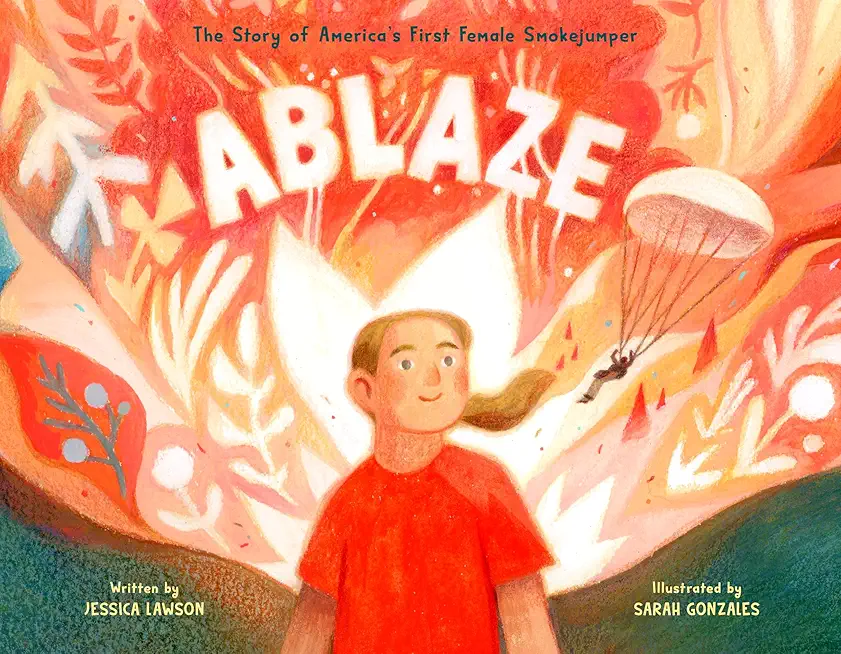
description
3"This absorbing biography, written with both affection and admiration, shows Babb as one of the most indefatigable characters in American literary history."--The New Republic This saga of a writer done dirty resurrects the silenced voice of Sanora Babb, peerless author of midcentury American literature. In 1939, when John Steinbeck's The Grapes of Wrath was published, it became an instant bestseller and a prevailing narrative in the nation's collective imagination of the era. But it also stopped the publication of another important novel, silencing a gifted writer who was more intimately connected to the true experiences of Dust Bowl migrants. In Riding Like the Wind, renowned biographer Iris Jamahl Dunkle revives the groundbreaking voice of Sanora Babb. Dunkle follows Babb from her impoverished childhood in eastern Colorado to California. There, she befriended the era's literati, including Ray Bradbury and Ralph Ellison; entered into an illegal marriage; and was blacklisted by the House Un-American Activities Committee. It was Babb's field notes and oral histories of migrant farmworkers that Steinbeck relied on to write his novel. But this is not merely a saga of literary usurping; on her own merits, Babb's impact was profound. Her life and work feature heavily in Ken Burns's award-winning documentary The Dust Bowl and inspired Kristin Hannah in her bestseller The Four Winds. Riding Like the Wind reminds us with fresh awareness that the stories we know--and who tells them--can change the way we remember history.
member goods
No member items were found under this heading.
Return Policy
All sales are final
Shipping
No special shipping considerations available.
Shipping fees determined at checkout.







